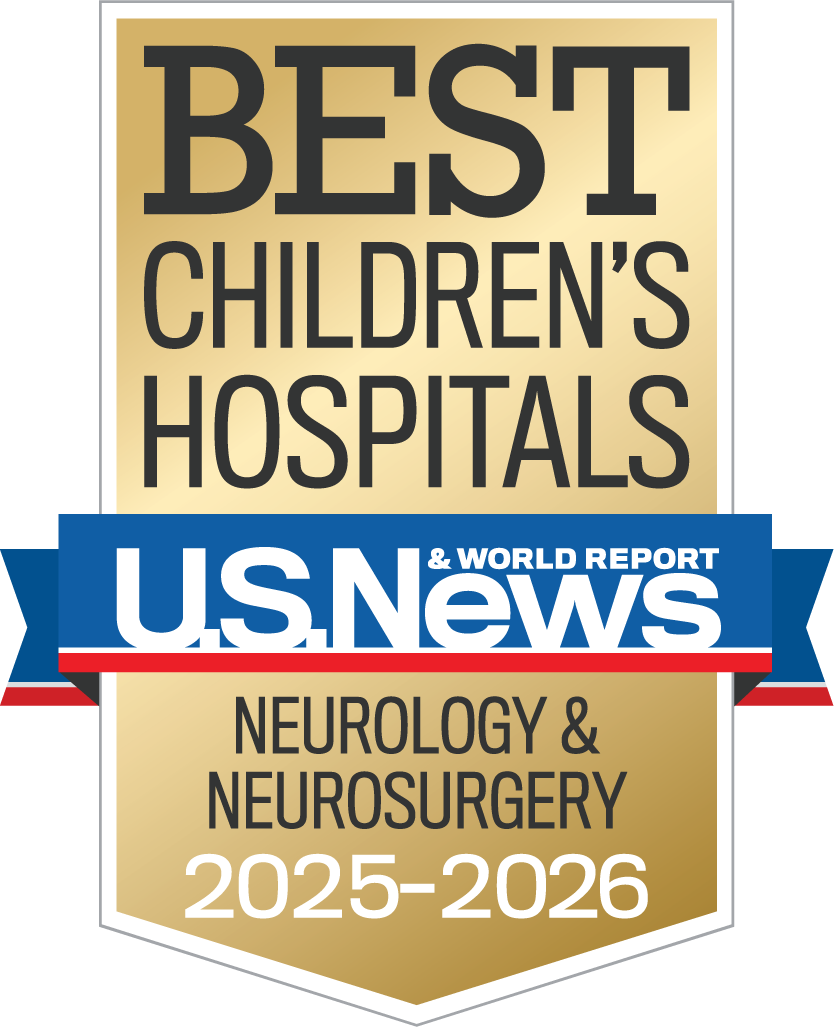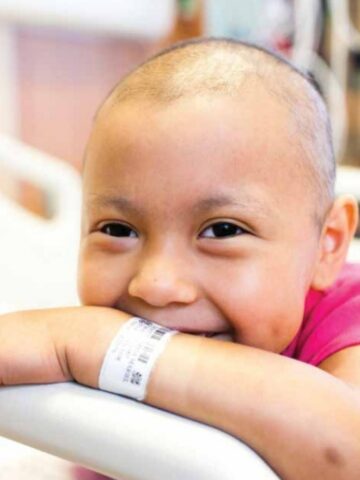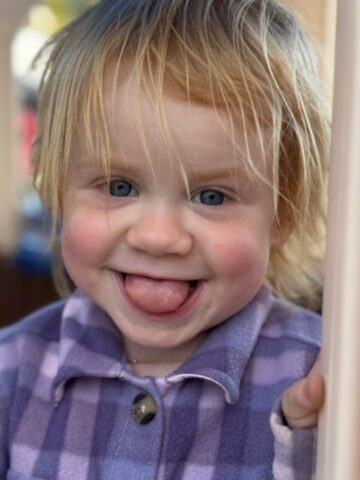Shunts for hydrocephalus require an average of about 10 revisions during the patient’s lifetime. New innovations at CHOC aim to revolutionize shunt design to give patients more control in the management of this condition.
For the past few years, Dr. Michael Muhonen, pediatric neurosurgeon at CHOC, has been developing and refining a “smart shunt,” which allows families of children with hydrocephalus to measure intracranial pressure at home or determine if the shunt is failing. The shunt has a wireless sensor that communicates with a family’s smartphone-like device when held near their child’s head. If the sensor determines the pressure is too low, a magnet is used to manipulate the pressure. Another device within the valve allows the parent to potentially disocclude the shunt catheter if it’s plugged.

The technology received FDA approval last year, and it should be commercially available within one year.
“I have families who won’t go more than a few hours away from their pediatric neurosurgeon because of fear. If the shunt plugs up, what are they going to do?” Dr. Muhonen says. “Every neurosurgeon who treats hydrocephalus has a goal to make a simplified system for both the families and the doctor, and a system that saves future surgeries down the road. Having wireless technology so you can measure pressure with your smartphone would accomplish that. I’ll keep working on this until it happens.”
Smarter technology would also result in far fewer operations for patients.
“Some patients come in regularly with headaches, failures, broken and fractured shunts or calcium on the tubing; we follow them regularly and the chronically shunted patient has too many operations,” Dr. Muhonen says. “I am excited about the prospects that this new technology has to offer to many patients with hydrocephalus.”
The supportive culture at the CHOC Neuroscience Institute has aided Dr. Muhonen’s research and advancement of wireless technology in shunts.
“CHOC has been very supportive in morphing into a hospital that supports research and cure, rather than a purely clinical children’s hospital,” Dr. Muhonen says. “We’re also fortunate to have donors in the community who want to help. Together, we’re able to strengthen our focus on being a leading research and academic institution.”

CHOC Hospital was named one of the nation’s best children’s hospitals by U.S. News & World Report in its 2025-26 Best Children’s Hospitals rankings and ranked in the neurology/neurosurgery specialty.




